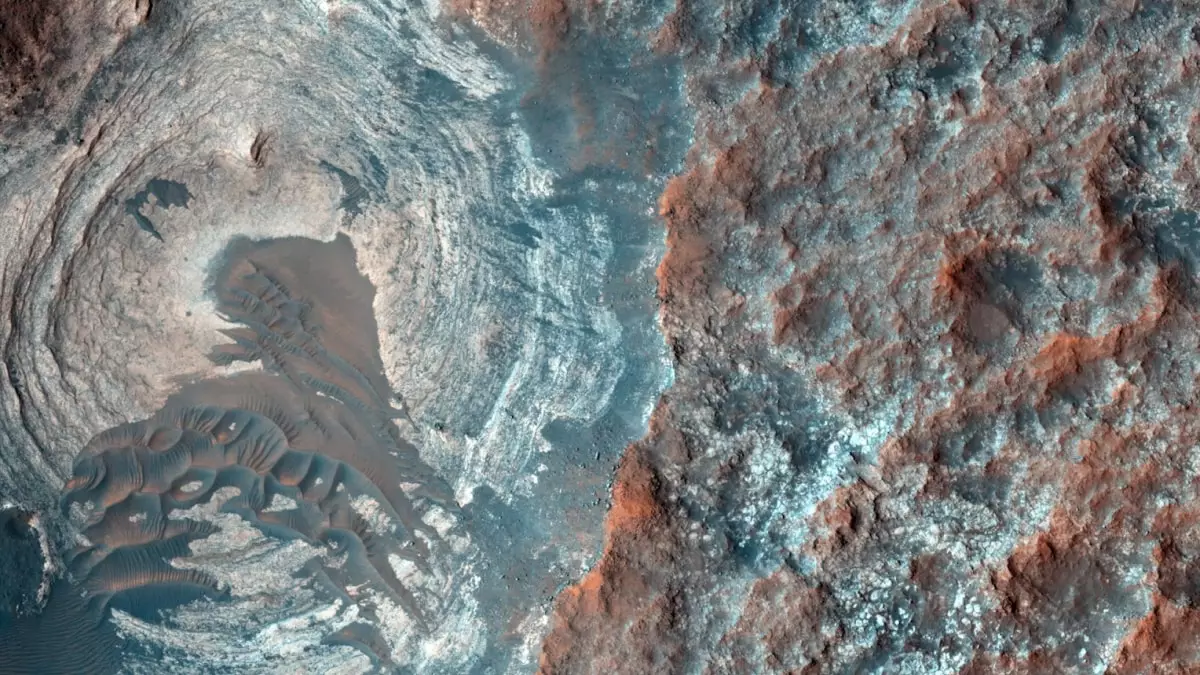The field of astronomy is undergoing a transformation with the integration of artificial intelligence (AI) into research practices. Beyond the typical applications of AI in digital assistants and deepfake technology, astronomers are now utilizing AI to delve deeper into understanding the fundamental parameters of the universe. A team of researchers at the Flatiron Institute’s Center for Computational Astrophysics (CCA) in New York City has been at the forefront of this groundbreaking work, leveraging AI to calculate the five cosmological parameters that define the very essence of the universe.
Traditionally, determining these cosmological parameters has been a daunting task due to the vast amount of data involved and the limitations of conventional analysis methods. However, by harnessing the power of AI, the research team was able to analyze data from over 100,000 galaxies observed as part of the Sloan Digital Sky Survey (SDSS) with unparalleled precision. This innovative approach not only enhanced the accuracy of the calculations but also significantly improved the efficiency of extracting valuable insights from complex data sets.
One of the major challenges in cosmology research, known as the Hubble tension, has been a longstanding mystery that AI is poised to help resolve. This discrepancy between different estimates of the Hubble constant, which measures the universe’s expansion rate, has puzzled astronomers for years. The advanced precision provided by AI algorithms could play a pivotal role in resolving this tension and advancing our understanding of the universe to new heights.
As new surveys such as the European Euclid survey come online, the AI-powered techniques developed by the CCA team will be instrumental in extracting maximum value from these rich datasets. The ability to efficiently analyze and interpret vast amounts of cosmic data represents a significant leap forward in our collective quest to comprehend the universe’s most fundamental parameters. With AI paving the way for unprecedented advancements in cosmology research, the possibilities for unlocking the mysteries of the universe are endless.


Leave a Reply